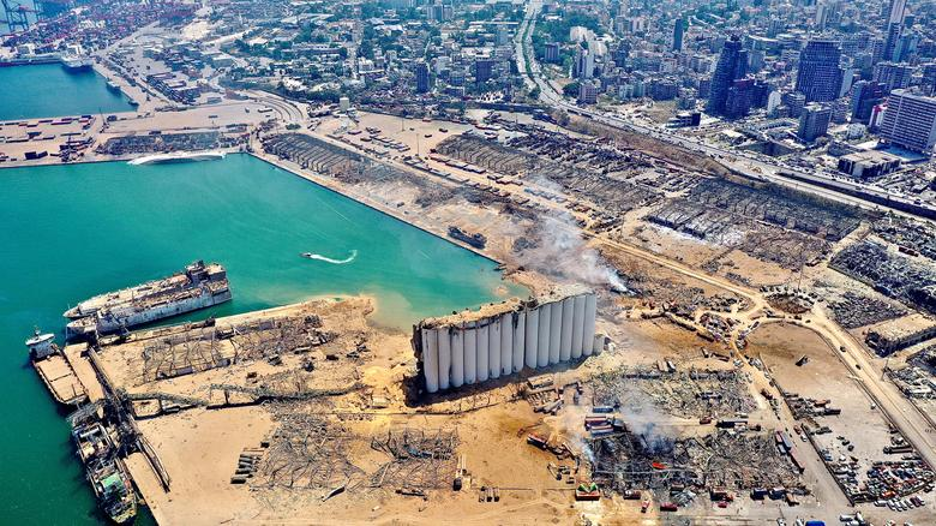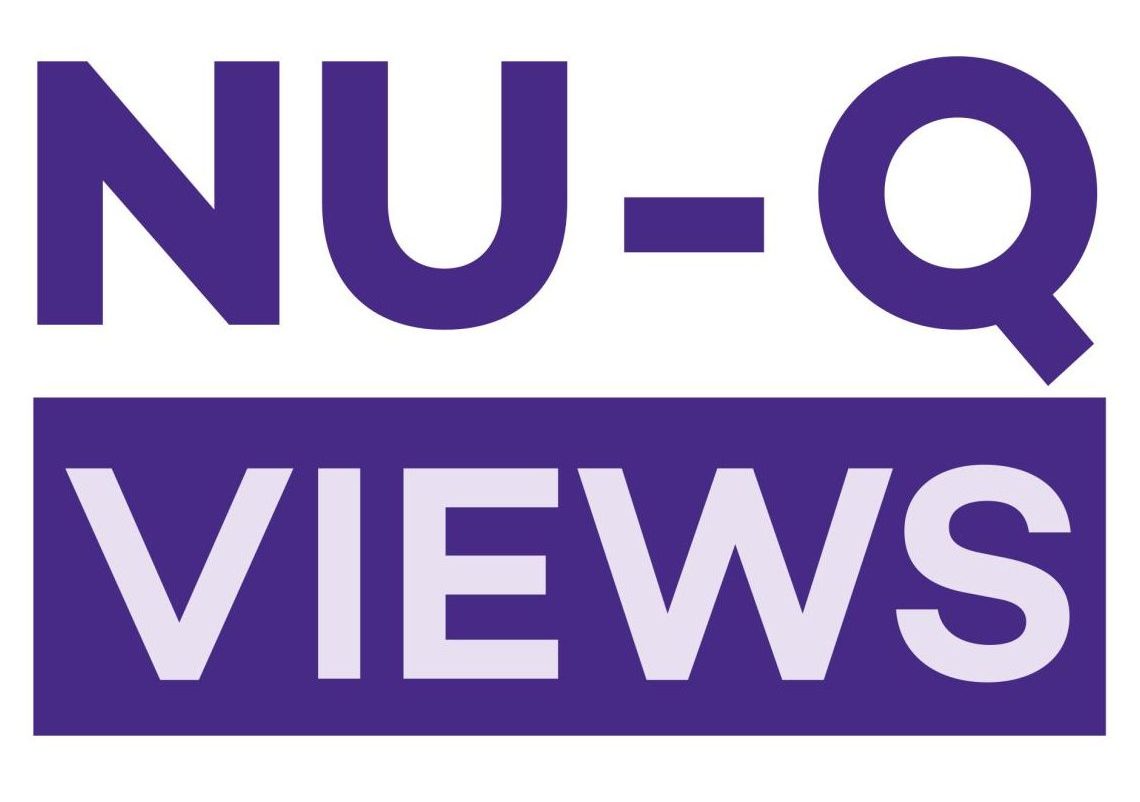The Beirut Explosion: What’s Ahead for Lebanon?

Lebanese members of the Northwestern University in Qatar community discussed the aftermath of the Beirut port explosion in a panel discussion on Zoom on Thursday, Aug. 27.
The live online event was sponsored by the university’s Middle East Studies Committee.
The event featured Lebanese panelists Sami Hermez, interim director of the Liberal Arts Program; Jaimee Haddad, NU-Q class of 2015 alumna; and Kim Makhlouf, a current sophomore.
When Makhlouf, who is currently living in Doha, found out about the explosion, she immediately called her father in Beirut to check if he was safe.
“I thought my father had died and it took a couple of times for his line to start ringing,” she said. “It took him a few moments to answer me which felt like an eternity.”
The blast on August 4 resulted in more than 220 fatalities, 6,500 injuries, and left 300,000 people homeless. Government officials said the non-nuclear blast was caused by the ignition of 2,750 metric tons of ammonium nitrate which had been stored inside a warehouse at the port for the past six years. Investigators are still trying to determine what caused the fire that triggered the explosion.
Hermez said although evidence shows the explosion was an industrial accident, the Lebanese government must still be held accountable.
“Accidents don’t just occur and there’s a lot of incompetence behind this,” he said. “Our leaders knew about this, and in a functionally legitimate government, no one would store [more than 2,000] tons of ammonium nitrate in the middle of the city.”
Over the past year, Lebanon has experienced significant social upheaval, such as nationwide protests last October demanding social and economic reforms. The country is facing economic collapse, made worse by the COVID-19 pandemic. The explosion has further undermined Lebanon’s precarious stability.
NU-Q Class of 2015 graduate Haddad spoke to the audience from Lebanon. She traveled to Beirut four days after the explosion and described the scene as “driving into the apocalypse.”
“Rather than having emergency services and personnel or the government clean the streets, it was school kids, young people, and civil society doing so,” she said. “We’re the ones rebuilding our country.”
Haddad added the explosion has threatened the country’s food security. Earlier in the summer steep depreciations of the lira inflated the cost of bread. Now Lebanon is left with less than a month’s worth of grain reserves after the explosion took out the country’s main silo.
Several humanitarian organizations such as the Lebanese Red Cross are trying to help by distributing water, food, medicine and other services to families that have been impacted.
Makhlouf described the feeling of being away from Lebanon during the tragedy as “debilitating,” and said she felt guilt and self-hatred for not being able to do more to help her country.
She added, however, that she has tried to do her part by contacting university professors, news publications, and interviewing people for articles about the explosion. She also has helped by sending charitable packages to Lebanon.
“I was given the opportunity to volunteer physically in Qatar, and I was part of the teams that were packing donations [to Lebanon]” Makhlouf said. “It was really humbling to see how people who aren’t Lebanese came together to help the cause.”
Donation Links
Disaster relief for the explosion: https://www.justgiving.com/crowdfunding/lebanon-relief?utm_term=PYp7gXzyD
Food and medicine for kafala victims in Lebanon: https://www.gofundme.com/f/food-and-medicine-for-kafala-victims-in-lebanon
UN Global Compact: https://www.globalcompact-lebanon.com/donate/
A fundraising campaign for nine initiatives covering the most pressing needs in Lebanon: https://justgiving.com/crowdfunding/impactlebanon
Lebanese educators helping vulnerable students: https://www.globalgiving.org/projects/fundraising/
Lebanese food bank: https://donate.lebanesefoodbank.org/en-US/donate/1/
Elderly and youth aid: https://www.justgiving.com/crowdfunding/aid-for-lebanese-affected-kids-and-elderly
Lebanese Red Cross: Donate directly to local Beirut ambulance services by downloading the Lebanese Red Cross app.
Lebanese food bank: https://lebanesefoodbank.org/donate/
Lebanon Needs organization: https://www.gofundme.com/f/lebanonneedsorg?utm_source=customer&utm_medium=copy_link_more&utm_campaign=p_cp+share-sheet
